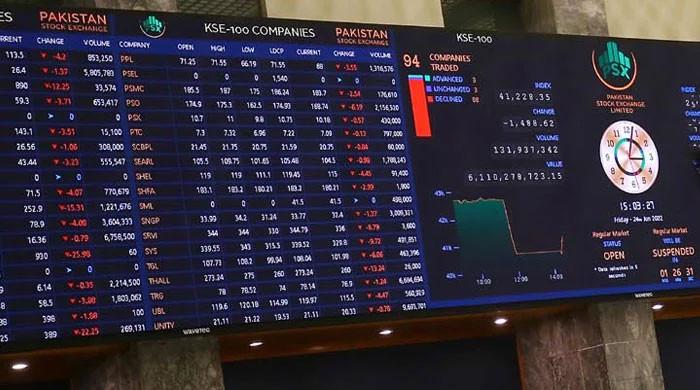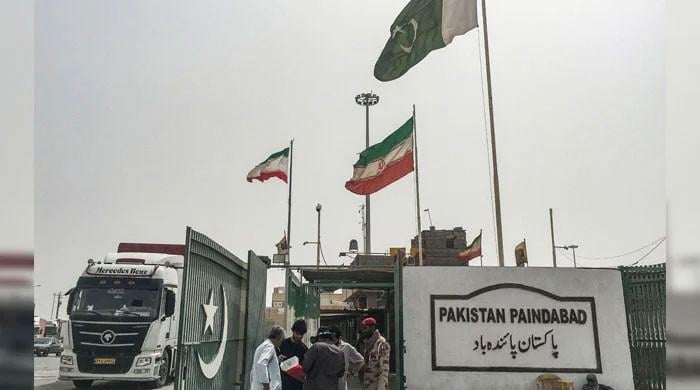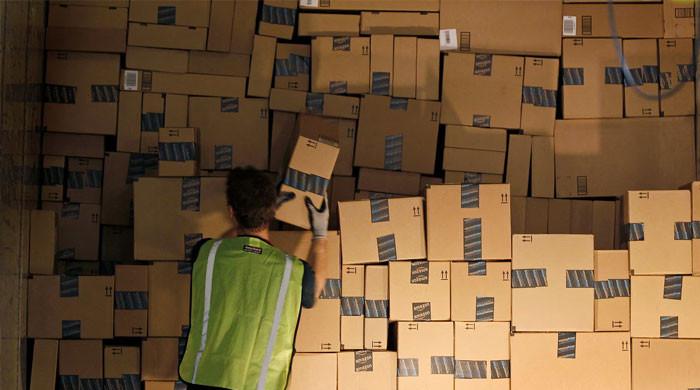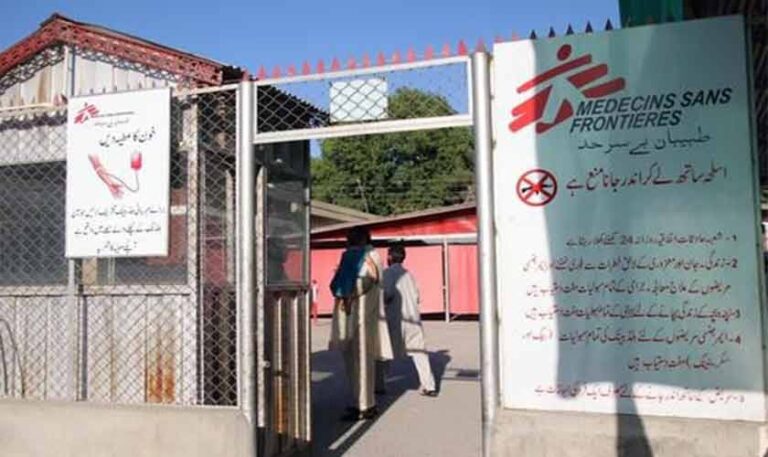
A representational image of a flag of Pakistan fluttering among American flags hoisted by students and staff from Pepperdine University in Malibu. — AFP/File
#Pakistani #businesses #struggle #compete #globally
LAHORE: Marketing continues to be a major challenge for many Pakistani companies trying to increase their exports. The limited branding and visibility of Pakistani products hinders global competitiveness, as these offerings often lack strong international appeal to attract buyers.
Most businesses rely on outdated marketing techniques and traditional methods, with little or no investment in digital marketing strategies that resonate with modern consumers. A lack of understanding of target markets, cultural preferences and consumer behavior exacerbates the problem, leaving Pakistani businesses struggling to compete.
Pakistani products often suffer from quality perception problems. Conflicting standards and limited certification lead international buyers to view these products as inferior. Transparency, the basis of consumer trust, is not only a responsibility of the state but also an essential practice for business. Adopting transparent policies, offering hassle-free return options, and providing detailed product specifications, high-resolution images, and third-party certifications can help build trust in both domestic and global markets.
Although some SMEs have adopted modern technology, their digital presence is insufficient. Many people fail to invest in professional websites, social media campaigns or tools like live streaming and video content to effectively showcase their products. Enabling customer reviews and ratings on websites is another untapped opportunity that can significantly increase credibility and customer trust. Global buyers often look for indicators of trust such as internationally recognized certifications such as ISO and CE. These certifications not only ensure quality but also enhance marketability. Product packaging and displaying them prominently on digital platforms can help Pakistani businesses compete more effectively.
Customer support in Pakistan is often inadequate. Few businesses offer 24/7 support, and even fewer resolve customer complaints promptly. Technologies such as chatbots and dedicated helplines can increase response times, while policies prioritizing quick resolution and hassle-free replacement of defective items are critical. Payment methods also deviate from global norms. In most countries, buyers can inspect products before paying or return them if they don’t meet expectations.
In Pakistan, requiring customers to pay in advance before allowing them to open a consignment erodes trust. Adopting escrow services or enabling payment on delivery after inspection can encourage repeat purchases and improve customer satisfaction.
Competing economies like India, Bangladesh and Vietnam have overtaken the country in marketing their products globally. India has established global brands like Tata through aggressive marketing, digital platforms, e-commerce, and soft power tools like Bollywood, yoga and food to increase product exposure. Bangladesh excels in textile marketing by collaborating with global brands such as H&M and Zara, meeting quality and compliance standards, and using certifications such as WRAP and BSCI to label its products as ethical and sustainable. Vietnam has marketed itself as a reliable manufacturing hub for electronics, textiles and footwear. It attracts international buyers by emphasizing efficiency, high quality standards and cost competitiveness, leveraging digital advertising and e-commerce partnerships to expand its reach.
To capture Pakistan, businesses need to adopt innovative marketing methods, focus on specific strengths, and actively participate in global trade forums to increase visibility and trust. Adopting a customer-centric approach, transparent policies and flexible payment and return options will not only instill confidence in customers but also build a loyal customer base. By aligning with global standards and utilizing its capabilities, Pakistan can position its industries to compete effectively internationally.






